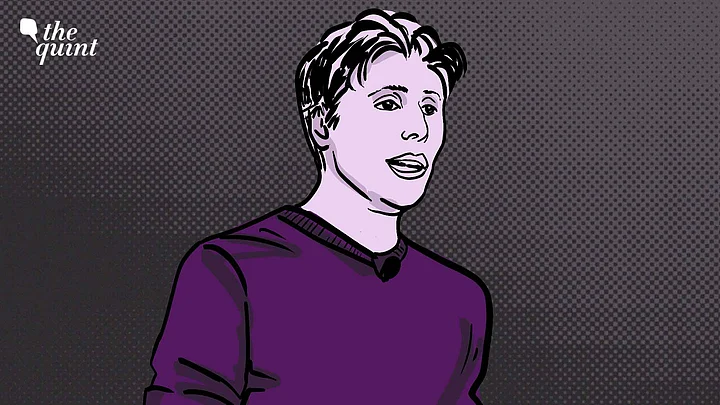"My assets walk out at 5 pm."
This used to be a popular line among managers in Bengaluru's IT services industry a couple of decades ago, when many were still trying to make sense of what listed companies like Infosys and Wipro do to boost profits and keep shareholders happy in the game called 'outsourcing of software development.'
The simple fact is that even if computers, office buildings, and telecom connectivity matter a lot, in the final analysis, companies that are part of what is called the new knowledge economy, especially listed ones, have to think beyond what is popularly called capitalism, a system in which the dog called capital wags the tail called labour.
"Knowledge-ism" sounds weird but may well be an accurate description.
What has happened in a dramatic 180-degree turn, twice within a week, by the board of directors at OpenAI, the company behind artificial intelligence tool ChatGPT, to restore the status quo by reinstating ousted CEO Sam Altman, can make an excellent case study in new economy dynamics.
The fact that he has succeeded in changing the composition of the board that pushed him out is more than symbolic.
Intellectual Property Can Conceal Great Value and Game-Changing Capabilities
The "capital first" approach to business, represented by shareholders who elect boards is understandable. It is a habit that is not easy to kick because it began with the Industrial Revolution and continues to do pretty well two centuries later.
But the problem is that "value" is a strange thing in economics.
It comes from not just a product you can clutch or an amount that is invested in a company but by a sum total of outcomes and experiences that can include several factors including labour, skill, and intellectual property.
This is easy to state and often recognised in principle but difficult to implement in a world that thrives on simple aphorisms like, "He who pays the piper calls the shots."
As it turns out, like the fabled Pied Piper in the old tale from Hamelin, Sam Altman has turned out to be the Pied Piper of the San Francisco Bay Area, also known as Silicon Valley. The main reason OpenAI wants him back is because a majority of the technology geeks in his company seemed ready to go with him rather than stay.
Because skilled human assets with creative brains can literally walk out, the company's board becomes something like a tail that must be wagged by its Geek Army. Geek bonding is a highly underestimated sport in global capitalism. The Pied Paper, in this instance, is not guiding rats but real fellow travellers in a technology revolution.
The tricky part is that intellectual property, especially when it comes to disruptive tech like artificial intelligence, can conceal great value and game-changing capabilities.
A lot goes on in the heads of those working together to put processes, principles, and practices that generate it. To use the principles of the first Industrial Revolution to run its fourth version is like trying to use a new Android or iOS version on your old smartphone.
You get the picture.
Those Surfing the New Economy Need To Recognise New-Age Rules
Yes, there is a lot to be probed still in understanding the dynamics that led to Microsoft hiring Altman before acknowledging his return to OpenAI.
While money makes the world go around, the folks who are spearheading the AI revolution are also slaves to what might be called professional satisfaction that goes beyond the usual incentives such as pay, bonuses, stock options, and titles.
Capital is not exactly a slave in this business.
It must be said that Microsoft, which is rich in cash, brand power, and thought leadership alike, was certainly a factor in the Altman Returns sequel. In Silicon Valley, there is something called "vaporware" that is defined as "software or hardware that has been advertised but is not yet available to buy, either because it is only a concept or because it is still being written or designed."
The gossip goes that when a major company announces vaporware, it is often to put investors and entrepreneurs away from startups that are already on to the same stuff or planning to go that way. It is a warning shot in a market war.
Microsoft's warning shot that it could commercially do what OpenAI was aiming to was enough perhaps for Altman's colleagues to signal that they would rally behind him in a flight of technological condors.
We may debate whether it was the trade union-like power of Altman's knowledge assets that did it or the "make him an offer he cannot refuse" pull of Satya Nadella, Microsoft's godfather CEO, that led to Altman's comeback.
Between filthy lucre and godfatherly threats, technology is charting its new future. What is clear is that shareholders or the boards that they elect can be smart but stakeholders can be smarter.
Those surfing the new economy need to recognise new-age rules.
(The writer is a senior journalist and commentator who has worked for Reuters, Economic Times, Business Standard, and Hindustan Times. He can be reached on Twitter @madversity. This is an opinion article and the views expressed are the author’s own. The Quint neither endorses nor is responsible for them.)
